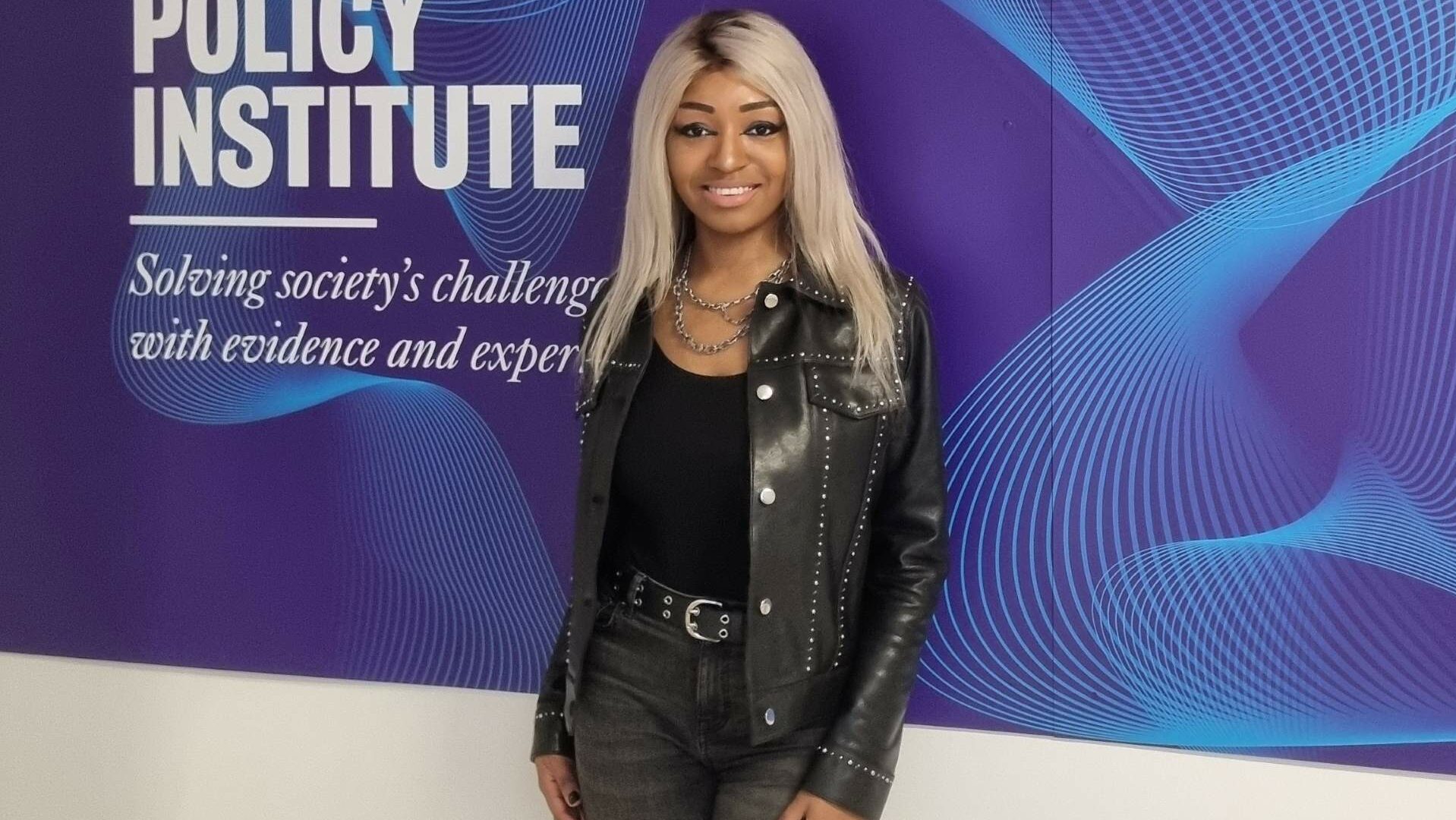Nearly one third believe asexuality can be ‘cured’, says new study
The research, co-authored by activist Yasmin Benoit, also found that around a quarter of people believe asexuality is a "mental health problem"
By Dale Fox

A new study from King’s College London has revealed widespread misunderstanding of asexuality, with 31% of respondents believing it can be “cured” through therapy.
Aromantic-asexual activist and researcher Yasmin Benoit, who collaborated on the research, hopes the report will highlight the widepsread discrimination faced by the asexual community – both in and outside of the LGBTQ+ community.
“Acephobia – that is, discrimination, prejudice and negative attitudes towards those who identify as asexual – is not something that most people recognise or take seriously,” Benoit said. “It’s something the asexual community are not protected from.”
Concerning statistics
The study, which surveyed 400 adults in England, uncovered several worrying attitudes:
- 23% believe asexuality is a mental health problem
- 42% think people cannot be asexual if they have sex
- 26% believe asexual people “just haven’t met the right person yet”
- 11% deny asexual people exist at all
“The challenges we face – such as acephobia, harassment, and exclusion – are queer issues, but asexuality is often sidelined in these conversations,” Benoit noted in a recent opinion piece for Attitude. “While most people might be aware that asexuality exists, few take the time to understand our specific struggles.”
However, some positive indicators were uncovered in the study. It found that 71% of respondents support protecting asexual people through legislation, while 73% would be comfortable having an asexual child.
“The findings are troubling” – King’s College London professor Michael Sanders
Professor Michael Sanders from the Policy Institute at King’s College London said: “This study is the first that we’re aware of that makes use of these methods to assess people’s attitudes towards asexuality. The findings are troubling, both in that many people hold misconceptions about asexuality, and that they are happy voicing discriminatory views.”
Surprisingly, the study found these views persisted even among a sample that included higher proportions of young people, LGBTQ+ individuals, and those with higher education qualifications – groups that the researchers note typically hold “more inclusive attitudes… towards LGBTQIA+ people.”

“To asexual individuals who still feel excluded from LGBTQ+ spaces, I want to say: we belong here,” Benoit said in her opinion piece. “Our place in the community is not new, and our visibility is essential.”
She added: “Pride organisers can do more to ensure asexual people feel welcome – whether by waving ace flags, acknowledging asexual culture, or creating spaces that aren’t focused around sexual activity. Inclusivity means everyone should feel like they belong – and that includes us.
The full report, “Asexuality in the UK: Public attitudes towards people who experience little to no sexual attraction,” is available to read by clicking here [PDF].
